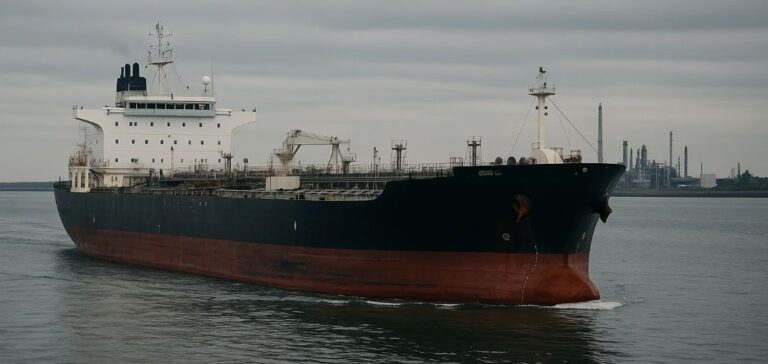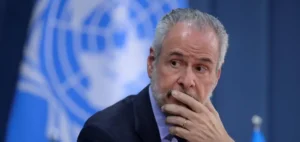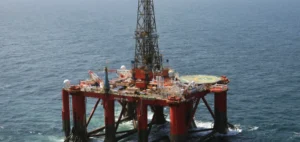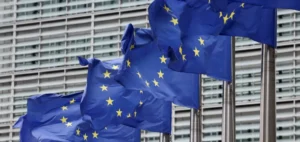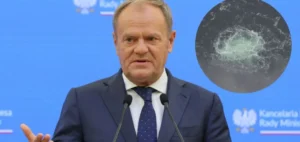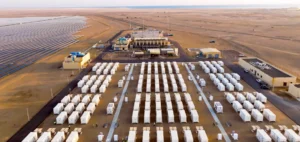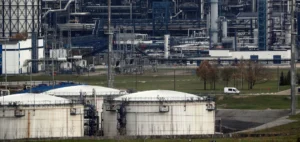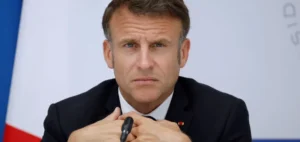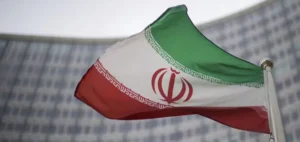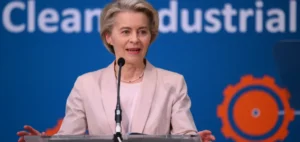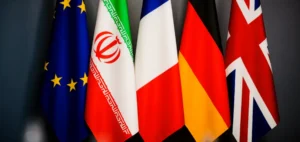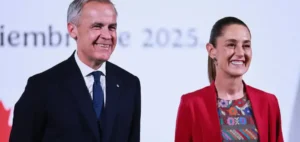Representatives of the twenty-seven European Union member states have approved a 17th package of sanctions against the Russian Federation. This new set of measures, announced on May 14 by Connaissance des Énergies with AFP, specifically targets a growing fleet of unregistered or anonymous tankers used to bypass the restrictions imposed since the invasion of Ukraine.
Nearly 200 new vessels added to the list
In total, 345 vessels identified as part of Russia’s “shadow fleet” are now subject to European Union sanctions. Among them, nearly 200 units were added in this latest package, following several weeks of diplomatic negotiations. These vessels operate primarily in the Baltic Sea, avoid international regulations, and sail without insurance from Western providers.
In parallel, around thirty entities were sanctioned for allegedly facilitating, according to Brussels, commercial evasion operations orchestrated by Moscow. These organisations are believed to have played a role in the logistics or financing of maritime oil transport in violation of existing sanctions.
A strategic tool at the core of Western pressure
The proliferation of these vessels is a direct response to measures taken by Western countries to limit Russia’s energy revenues. Since February 2022, the European Union has implemented several restrictions on exports of crude oil and refined petroleum products, contributing to the rise of this informal fleet, often composed of old and poorly equipped ships.
According to the Kyiv School of Economics, around 430 ships worldwide are now believed to be involved in such activity. These figures highlight the challenges faced by the European Union in enforcing its measures without tighter control of maritime flows.
Political tensions surrounding a ceasefire
These revised sanctions come amid heightened diplomatic tensions. They are separate from the “massive” measures referenced by several European leaders should Russia continue to reject a proposed 30-day ceasefire already accepted by Ukraine. German Chancellor Friedrich Merz stated on May 13 that in the absence of concrete progress, further actions against Moscow would be considered.
Ukrainian President Volodymyr Zelensky, meanwhile, has called for stricter enforcement of existing sanctions if his Russian counterpart Vladimir Putin fails to attend the proposed peace talks in Turkey.


